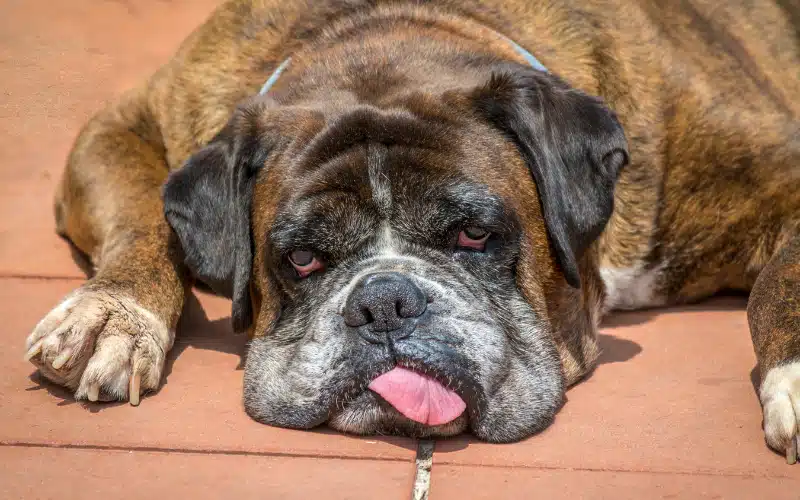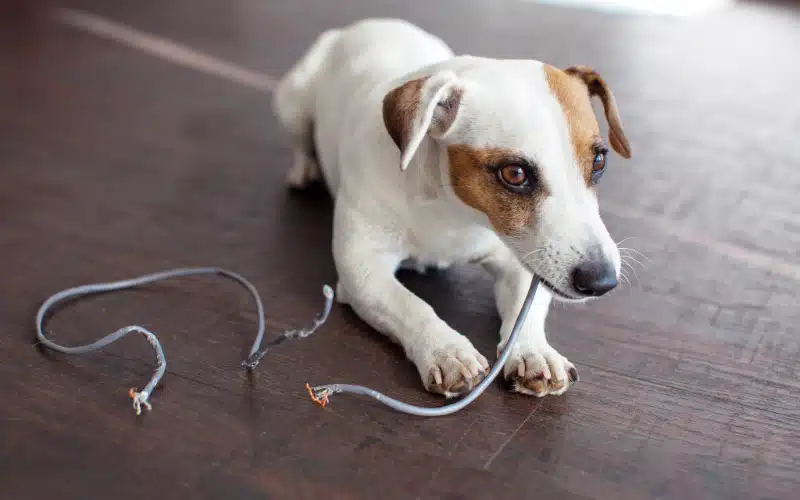
Pot and Pets: What Pet Owners Need to Know About Marijuana Toxicity
Over the past few decades, marijuana has changed in its use and reputation. Cannabis was first criminalized in the United States in the 1970s. However, in the 1990s, some states began legalizing cannabis for medicinal use, and today more areas have fully legalized marijuana for both medical and recreational purposes.
Increased accessibility to the drug has also increased the risk of accidental pet exposure. Cannabis doesn’t necessarily have the same medicinal use in pets as it does for people since most medicinal marijuana is often grown to have higher levels of THC, elevating the drug’s potency. In addition, because pets have more cannabinoid receptors in the brain, and due to their smaller size in relation to humans, marijuana is highly toxic to pets.
At AEHV, we commonly see pets who are suffering from marijuana toxicity and who require emergency treatment. Here’s what you need to know about marijuana toxicity in pets.
Our Number One Priority is Your Pet
Accurate and complete information is necessary to help us diagnose your pet’s condition quickly and provide appropriate treatment. Our number one priority is your pet’s health. We aren’t here to pass judgment or get anyone in trouble, so please be upfront and honest so we can get your pet feeling better as quickly as possible.
How Marijuana Affects Pets
Marijuana contains 113 cannabinoids, chemical compounds that act on receptors in the brain. When marijuana is inhaled or ingested, the chemical compounds bind to specific neuroreceptors in the brain, causing various effects. THC and CBD are the two most recognized cannabinoids, and the potency of each varies depending on the strain of the plant used.
Family pets can be exposed to marijuana by breathing second-hand smoke, ingesting any form of the drug (plants, joints, or dried marijuana), or eating baked goods or candy containing marijuana, known as edibles. Often, edibles are made with chocolate, nuts, or xylitol (an artificial sweetener), which can all provide an extra dose of toxicity. Therefore, it’s important to keep any marijuana-infused sweet treats out of your pet’s reach.
A pet’s reaction to marijuana can vary and typically lasts anywhere from 3-12 hours to several days depending on how much they have consumed. Although rare, marijuana – if consumed in large quantities – can be fatal for pets.
If you suspect your pet has been exposed to marijuana, we recommend visiting our emergency hospital as soon as possible.
Watch for these signs:
- Appearing dazed and confused
- Hyperactive awareness
- Incontinence
- Increased appetite
- Sleepiness
- Tremors
- Vomiting
- Wobbly gait/lack of coordination
Treating Marijuana Toxicity in Pets
As with any toxicity, time is of the essence. The first step is immediately removing the poison from your pet’s body. Your veterinarian may recommend the following:
- Induce vomiting to prevent any further absorption from the stomach
- Administer activated charcoal to neutralize the toxin
- Administer fluid to the large intestine (enema) to prevent absorption from the gastrointestinal tract
Supportive care is also imperative in treating marijuana toxicity. Your pet may be hospitalized as we monitor them carefully and wait for the effects to wear off. We may administer intravenous fluids to prevent dehydration, support blood pressure, and maintain healthy organ function. While in our care, we will monitor their heart rate, respiration, blood pressure, and body temperature. Keeping your pet in a safe, comfortable, and confined space prevents any further injury or complication, as your pet may be disoriented and uncoordinated until the effects of the toxin are flushed out of their system.
If you suspect your pet has ingested cannabis, please call our Animal Emergency Hospital of Volusia team at 386-252-0206 or the Animal Emergency Hospital of DeLand at 386-252-0337. Our emergency veterinarians are here 24 hours a day, 365 days a year.



